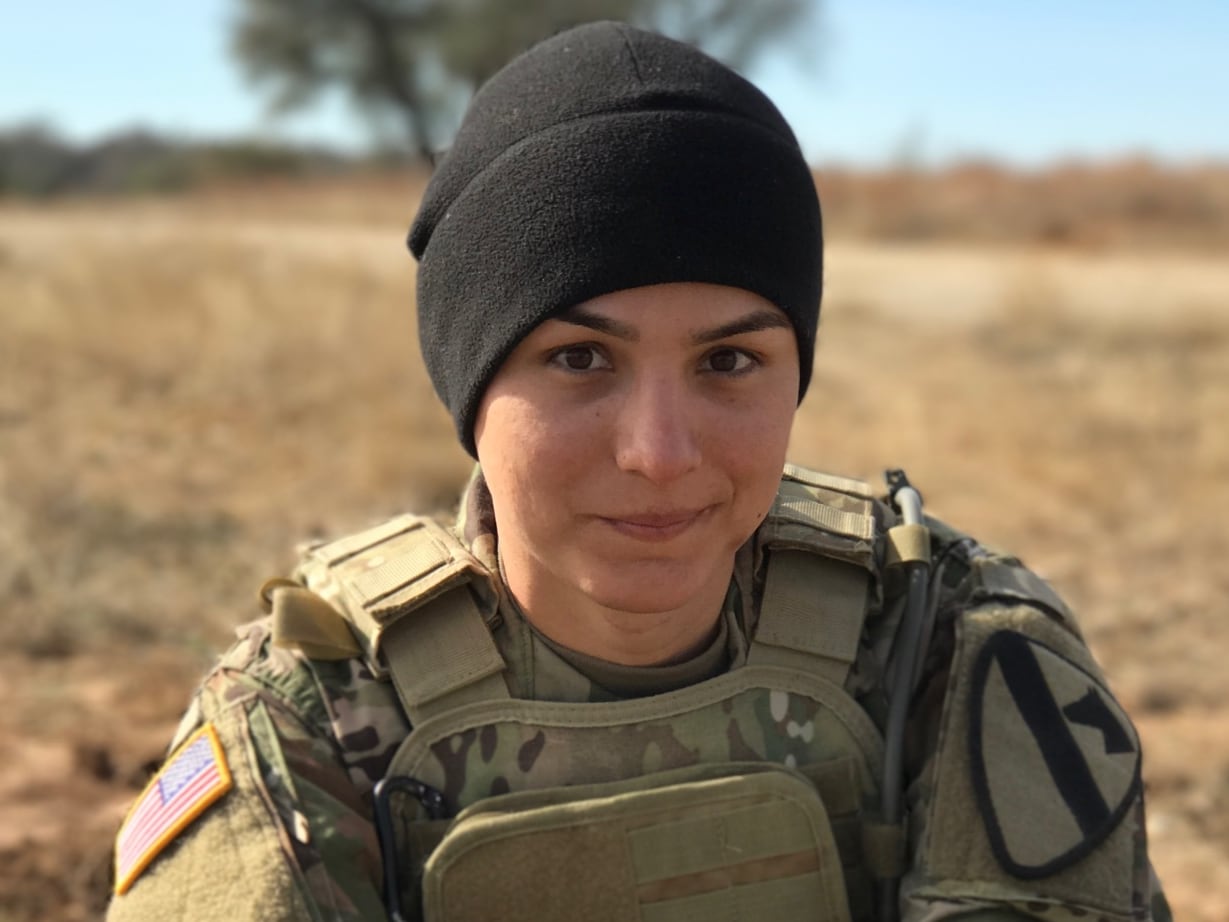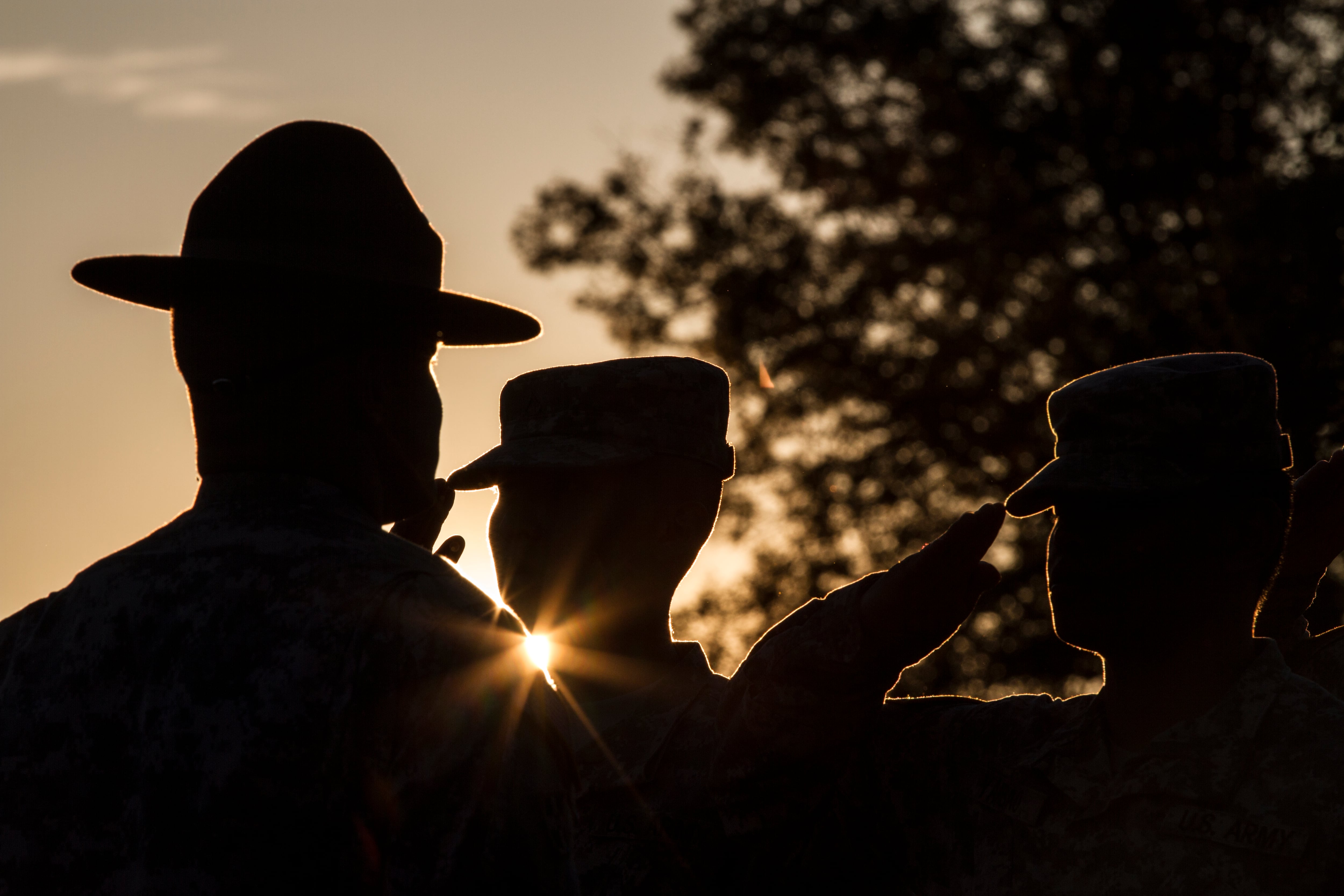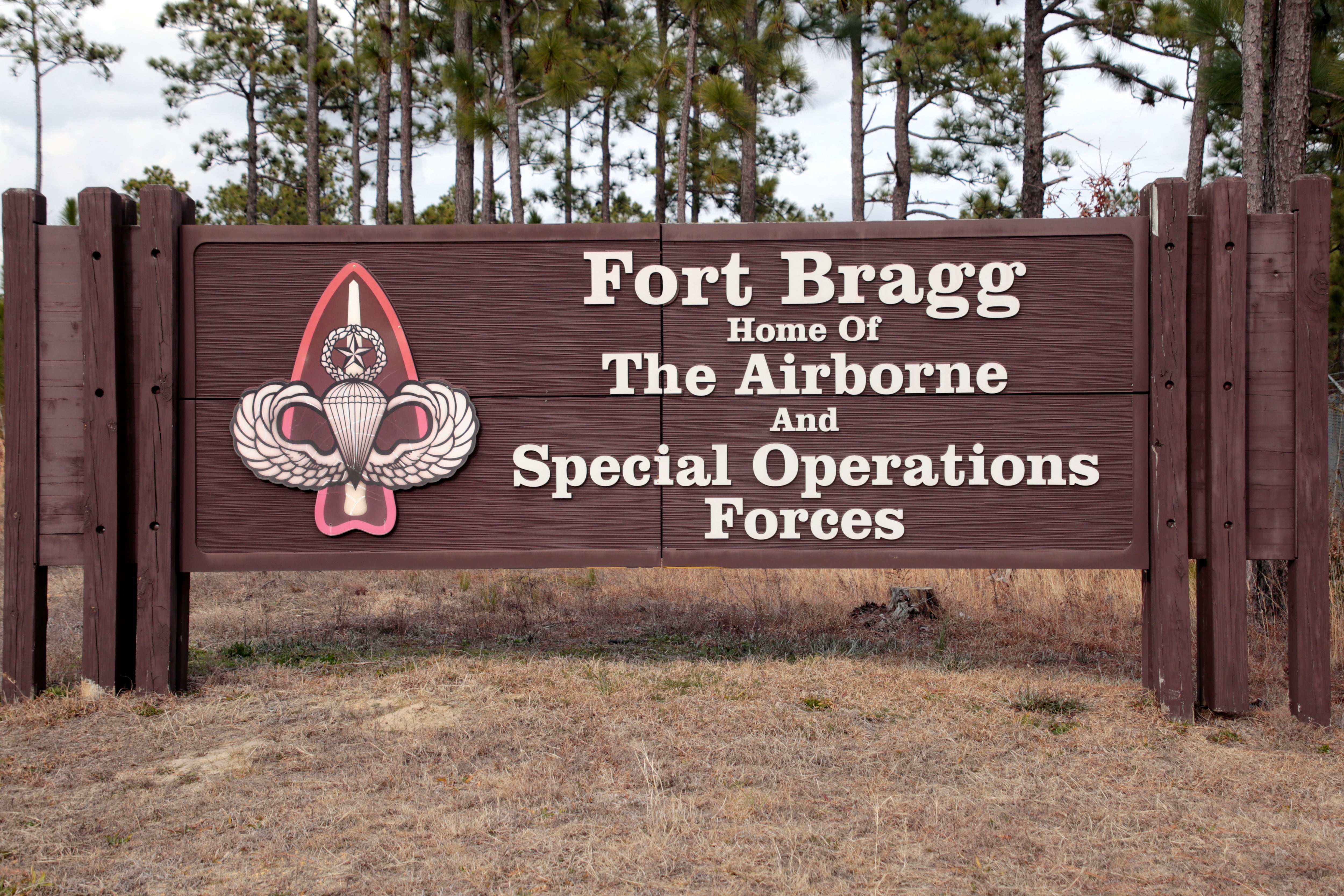More than 100 House Democrats are calling for an end to the military’s ban on open transgender service.
In a letter sent Wednesday to Secretary of Defense Mark Esper and Attorney General William Barr, 116 lawmakers urged the DoD to update its policies, removing the ban in light of the Supreme Court ruling on Bostock v. Clayton County protecting LGBTQ people from workplace discrimination.
The June 15 Supreme Court decision states that “an individual’s homosexuality or transgender status is not relevant to employment decisions.”
Under the new DoD rules put in place in March, 2019, currently serving transgender troops and anyone who has signed an enlistment contract by April 12, 2019, may continue with plans for hormone treatments and gender transition if they have been diagnosed with gender dysphoria.
But after that date, no one with gender dysphoria who is taking hormones or has transitioned to another gender was allowed to enlist. And any currently serving troops diagnosed with gender dysphoria after April 12, 2019, had to serve in their birth gender and are barred from taking hormones or getting transition surgery.
“This policy is an attack on transgender service members who are risking their lives to serve our country and it should be reversed immediately,” the letter stated.
Rep. Adam Smith, chairman of the House Armed Services committee, said last year that he hoped to revisit legislation regarding transgender military service in 2020.
The DoD says while it has some numbers on transgender service member, it doesn’t track transgender status of service members.
A workplace and gender relations survey conducted in 2016 showed just under 9,000 service members consider themselves transgender individuals, according to a DoD statement on transgender service members issued back when the policy was changed last year.
The department knows that 1,400 service members have been diagnosed with gender dysphoria. Fewer than 10 service members are receiving gender reassignment surgery.
Lindsey Muller was an Army attack helicopter pilot when she transitioned. She began the process the day the Obama administration announced that it would be allowed.
“No one from my unit had an issue over the four or five years since the transition. Not one. Not one person,” she told Military Times, adding, “It’s one less burden that I had to carry, which in a sense was an unnecessary burden”
Then, in 2017, President Donald Trump tweeted that transgender people would be barred from service.
“It was ethically and morally just absurd,” Muller recalled, unsure of whether or not to take the tweet seriously.
A few days later, she was temporarily indefinitely medically grounded by a flight doctor.
Muller, who retired June 30 as a chief warrant officer 3 after 20 years in uniform, doesn’t believe the president listened to expert opinions when making the decision. “My advice to Donald Trump would be this: Listen. Just listen to people,” she said.
When the transgender service ban was implemented, several former surgeons general recommended against the policy. Additionally, the American Psychiatric Association, the American Psychological Association, and the American Medical Association have all stated that transgender people are able to competently serve in the armed forces.
Jennifer Dane, interim executive director of the Modern Military Association of America, the nation’s largest LGBTQ military and veteran nonprofit, said it is crucial to remove the ban, calling it unconstitutional.
“Thousands of transgender service members have already more than proven themselves with honor and distinction, and this discriminatory barrier that has nothing to do with their ability to accomplish the mission must be taken down,” Dane said in a press release.
A DoD-funded study published in February found that approximately two thirds of active duty servicemembers support the idea of serving with transgender personnel.
“All these other countries have had LGBTQ sailors, Marines, soldiers for almost 20 years, and they’ve had no issues. These militaries are strong. They’re our allies,” Kristin Beck, a transgender former Navy SEAL said to Military Times. “We stand right beside our allies and yet we can’t be free in our own country. We can’t have equality.”
Beck, who served with SEAL Team 6, added, “The highest levels of the military — the toughest jobs — I did it. And I’m transgender. So what’s the big deal?”
Harm Venhuizen is an editorial intern at Military Times. He is studying political science and philosophy at Calvin University, where he's also in the Army ROTC program.










